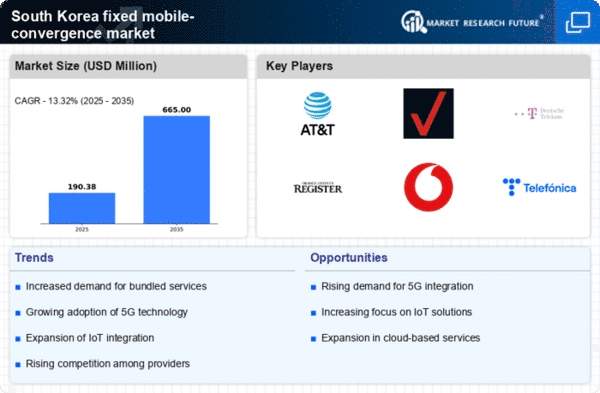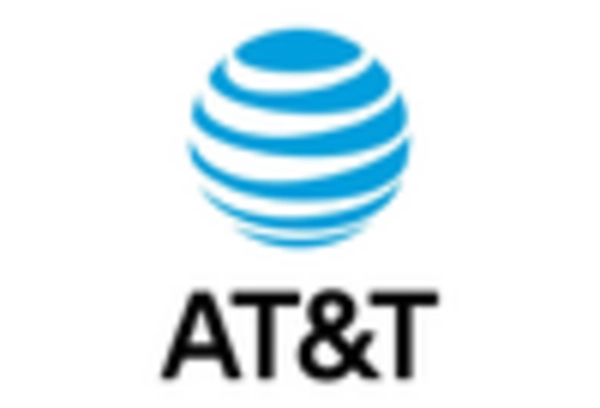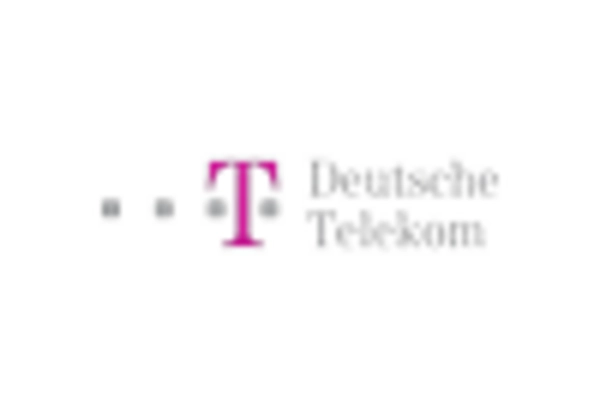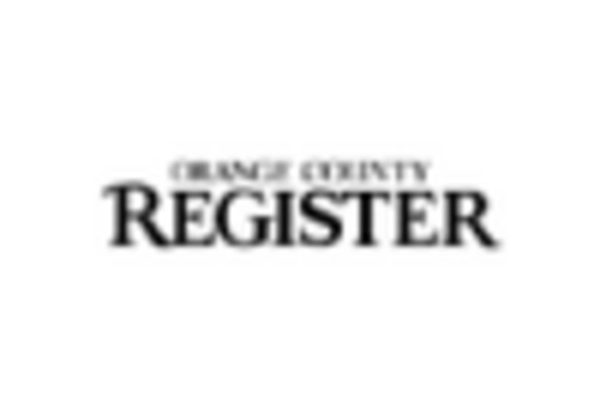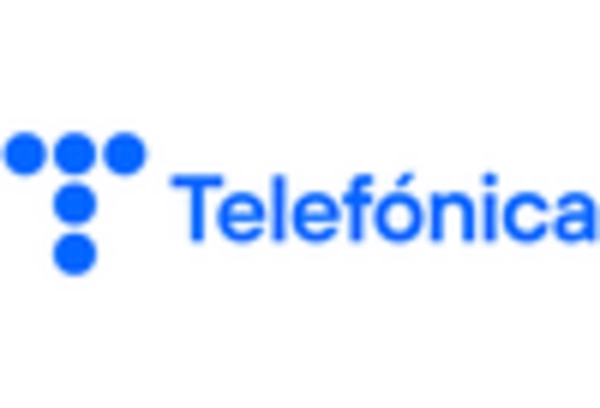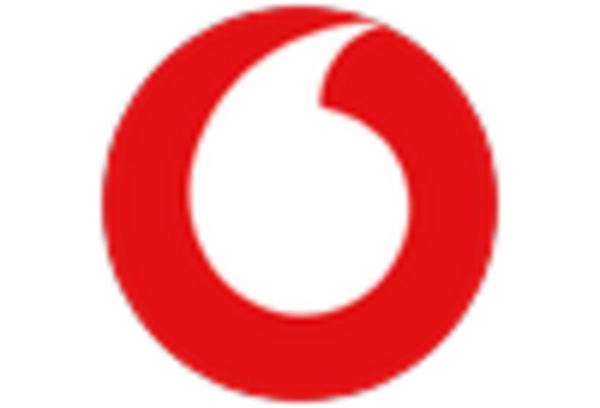Rising Consumer Expectations
The fixed mobile-convergence market in South Korea is experiencing a notable shift as consumer expectations continue to rise. Users are increasingly demanding seamless integration between fixed and mobile services, which compels service providers to enhance their offerings. This trend is reflected in the growing adoption of bundled services, where consumers seek comprehensive packages that include internet, mobile, and television services. According to recent data, approximately 70% of households in South Korea prefer such bundled solutions, indicating a strong market inclination towards convergence. As a result, companies are investing heavily in infrastructure and technology to meet these expectations, thereby driving growth in the fixed mobile-convergence market.
Regulatory Framework Enhancements
The regulatory environment surrounding the fixed mobile-convergence market in South Korea is evolving, with government initiatives aimed at fostering competition and innovation. Recent policy changes have encouraged investment in infrastructure, particularly in underserved areas, which is expected to enhance service availability. The government has also implemented measures to simplify the licensing process for new entrants, thereby promoting a more dynamic market. These regulatory enhancements are likely to create a more favorable environment for both existing and new players in the fixed mobile-convergence market, ultimately benefiting consumers through improved service options.
Increased Competition Among Providers
The competitive landscape of the fixed mobile-convergence market in South Korea is intensifying, with multiple providers vying for market share. This competition is primarily driven by the need to attract and retain customers in a saturated market. Major players are innovating their service offerings, often introducing competitive pricing strategies and enhanced service quality. For instance, recent reports indicate that the market has seen a 15% increase in the number of bundled service packages offered by various providers. This competitive environment not only benefits consumers through better pricing and service options but also propels the overall growth of the fixed mobile-convergence market.
Growing Demand for Smart Home Solutions
The increasing popularity of smart home technologies is significantly influencing the fixed mobile-convergence market in South Korea. As consumers seek to integrate various devices and services into a cohesive smart home ecosystem, the demand for reliable connectivity solutions rises. Service providers are responding by offering packages that include smart home devices alongside traditional services. Recent surveys indicate that nearly 40% of South Korean households are interested in smart home solutions, which presents a substantial opportunity for growth in the fixed mobile-convergence market. This trend suggests that companies must adapt their strategies to incorporate smart technologies into their service offerings.
Technological Innovations in Service Delivery
Technological advancements play a crucial role in shaping the fixed mobile-convergence market in South Korea. Innovations such as 5G technology and fiber-optic networks are enhancing service delivery, enabling faster and more reliable connections. The deployment of 5G networks is particularly significant, as it allows for improved mobile broadband services that complement fixed-line offerings. As of November 2025, it is estimated that over 50% of South Korean households have access to 5G services, which is likely to further stimulate demand for integrated solutions. This technological evolution is essential for service providers aiming to remain competitive in the fixed mobile-convergence market.


